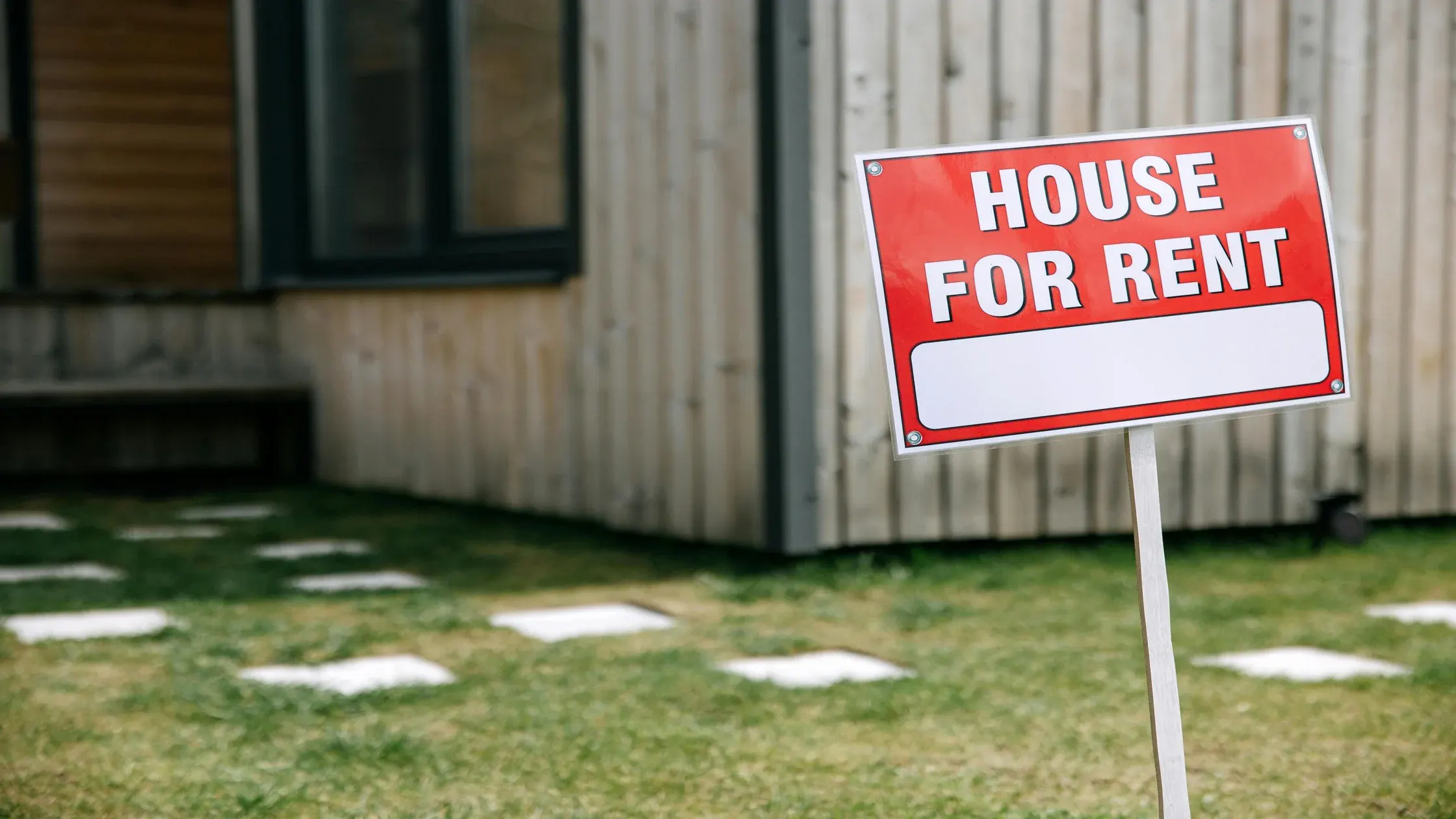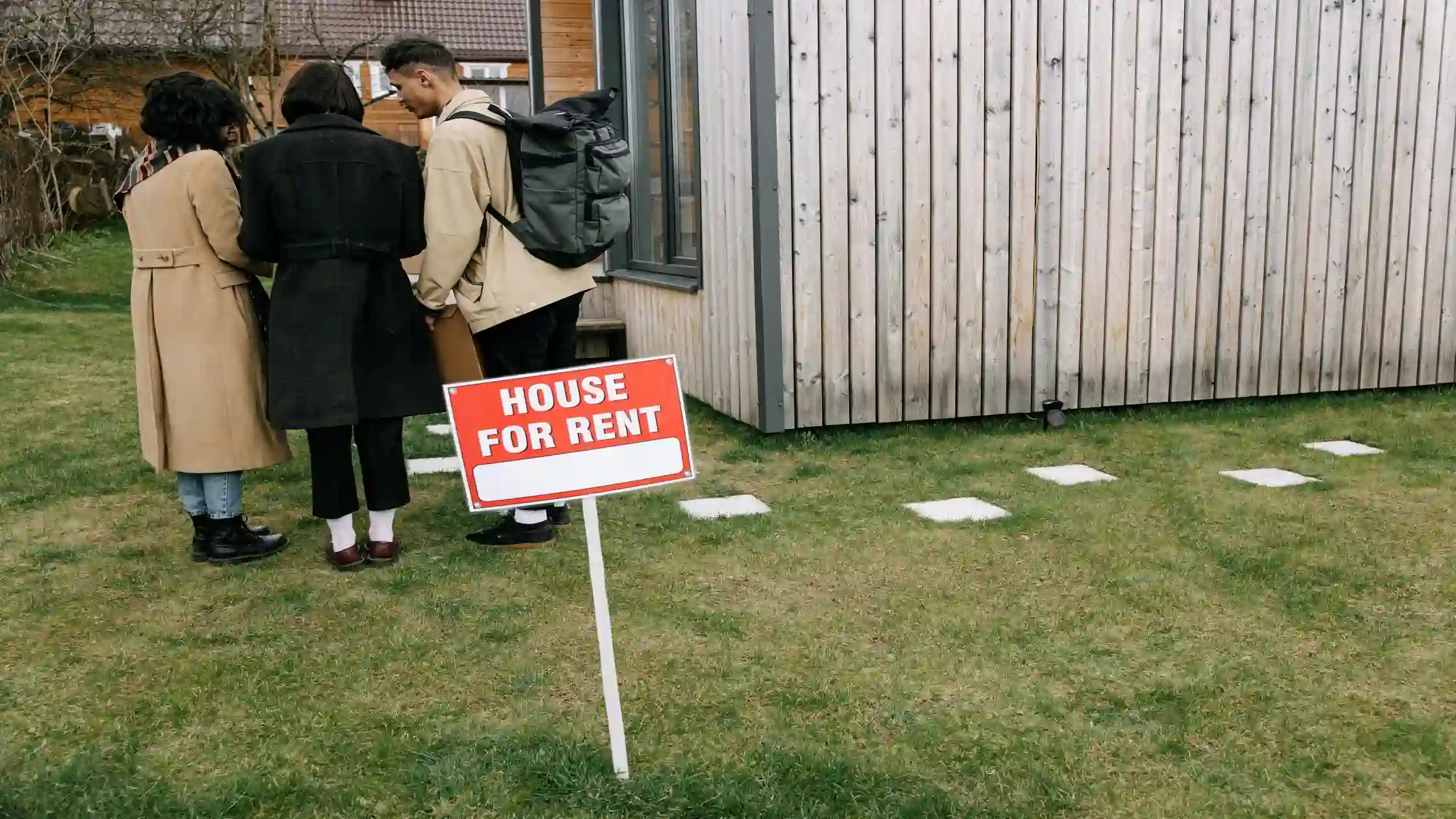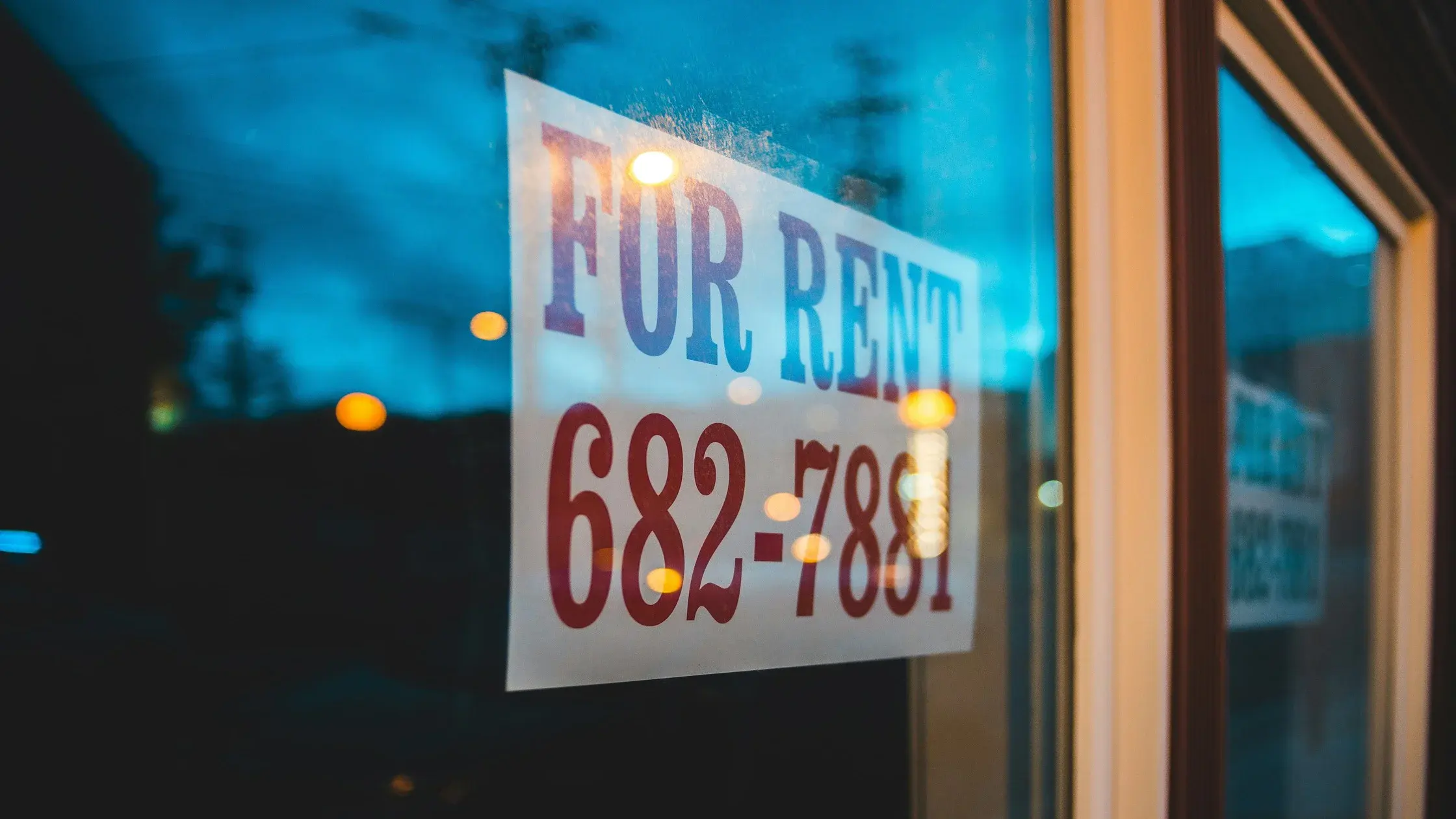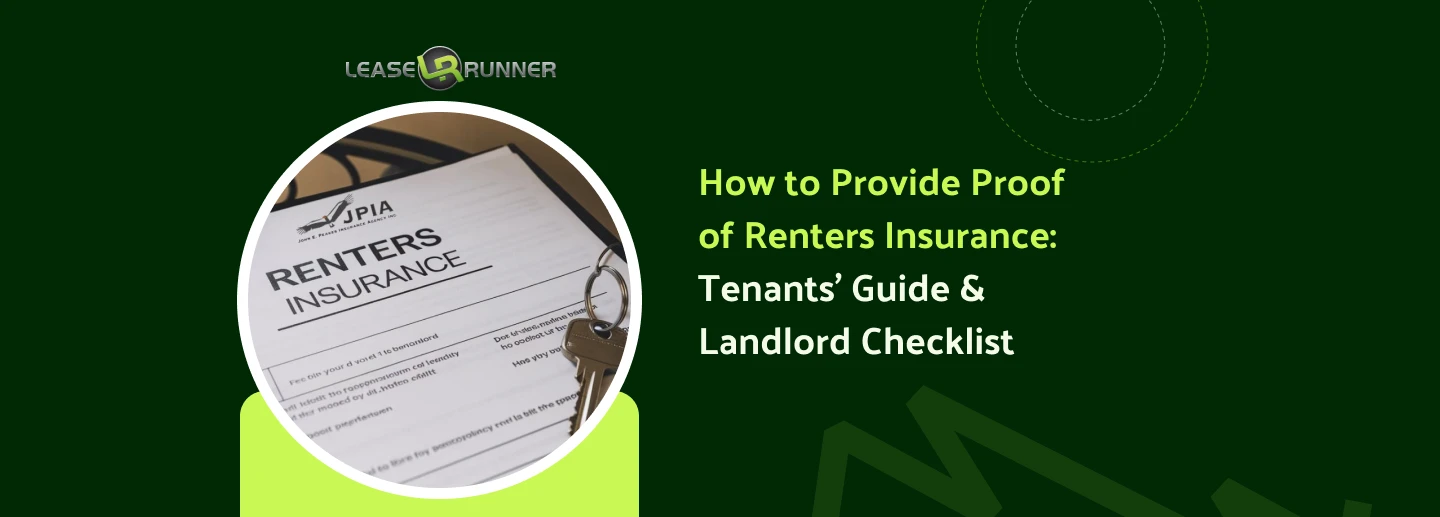The average renters' insurance cost is a key detail for both tenants and landlords. Knowing the average insurance cost helps tenants protect their belongings from fire, theft, or water damage.
For example, you can list all your valuables, compare the cost of renters' insurance from different companies, and choose a policy that fits your needs. Landlords can require proof of insurance to make sure tenants can pay for damage or accidents.
This prevents expensive fights during move-out inspections and makes plain what is typical wear and tear. At LeaseRunner, we explain the estimated renters' insurance cost, the renters insurance average monthly cost, and renters' insurance rates by state.
We also provide ideas on how to choose a good renters' insurance, and the average cost, and minimize the cost of your renters' liability insurance. Let’s check our suggestions right below!

Quick Facts: Average Renters Insurance Cost 2025
A Quick Overview of Renters' Insurance
Before we dive into the numbers, let's clarify what renters' insurance is, why it matters, and how it benefits both tenants and landlords.
Definition and Purpose
Renters' insurance is one such insurance that covers renters in case their belongings are stolen or misplaced, and against making others liable for injury or damage to their property. Renters' insurance does not cover the building itself, unlike homeowners' insurance (landlord-supported).
Instead, it concentrates on the tenant's things and their own responsibility. Renters' insurance is usually not too expensive, so everyone who rents a house or apartment should get it.
The majority of the time, renters' insurance covers:
- Your own things, such as furniture, gadgets, clothes, and so on.
- Liability (in case the person gets injured in your rental or you destroy someone else's property)
- Additional expenses (if your rental home becomes uninhabitable as a result of a covered loss).
Key Benefits for Landlords and Tenants
Renters' insurance protects tenants from losing money due to fire, theft, vandalism, and certain natural disasters. It also protects you from having to pay for injuries that happen in your rental or damage to someone else's property by mistake. This is particularly vital if you have pets or have company over often.
When tenants get renters' insurance, landlords gain because:
- It cuts down on arguments about damages and who is to blame.
- It makes the move-out inspection process easier by making it clear what is considered “normal wear and tear" and what is damage caused by the renter.
- It may decrease the landlord's insurance costs and the amount of risk they take on.
We at LeaseRunner strongly recommend that renters sign up for renters' insurance and that it be included in the lease as a requirement. It is for everyone's protection and prevents misunderstandings from arising that will cost thousands of dollars down the road.

Average Renters Insurance Costs in the U.S. States
The typical cost of renters' insurance in the US is quite different from state to state, based on where you live, what risks you face, and what the laws are in your area. Here is a complete list of renters' insurance prices by state for 2025, including both the average monthly and annual expenses.
What is The Average Renters' Insurance Cost in General?
The average renters' insurance cost in the US in 2025 will be approximately $18 per month or $216 per year. That is what the average, monthly premium for renters' insurance covers for most renters. It typically includes $30,000 in coverage to safeguard personal belongings and $100,000 in liability coverage.
As you think about how much the renters' insurance should be, remember that your premium will vary depending on where you live, what things are worth, and how much coverage you need. The average renter can anticipate paying between $12 and $25 a month for renters' insurance. It could be up to $30 or more in some areas that cost more to insure.
Lastly, a great rate is a rate that covers your “stuff" and your debt without hurting your own wallet. You could find the best rate by shopping around with a great number of different companies and determining what kind of coverage makes sense for you.
Which states have the most expensive renters' insurance?
Due to factors such as natural calamities, which might be frequent, an increase in crime, and local insurance premiums, the renter insurance cost might be startlingly high in certain states. The most costly average renter insurance rates of 2025 are found in the following states:
- Louisiana: $32 monthly ($384 annually) — High chance of hurricane and flood damage.
- Florida: $28 monthly ($336 annually) — Hurricanes and intense tropical storms.
- Oklahoma: $28 per month ($336 annually) — Severe weather and tornadoes.
- Mississippi: $27 per month ($324 annually) — Flooding and storms
- Texas: $26 per month ($312 annually) — Tornadoes, hurricanes, and hail
- Arkansas: $25/month ($300/year) — Tornadoes, storms
- Alabama: $23 per month ($276 per year) — Storms and flooding
- Georgia: $21 per month ($252 per year) — Severe weather
- Tennessee: $21 per month ($252 per year) — Tornadoes and storms.
- South Carolina: $20/month ($240/year) — Hurricanes and floods.
If you reside in one of them, your approximate renters' insurance cost will probably be higher than the national average.

Which states have the cheapest renters' insurance?
Conversely, the cheapest renters' insurance average cost is in states that experience fewer natural disasters and states that have less crime. The ten lowest states with average renters' insurance costs in 2025 are:
- Wisconsin: $10/month ($120/year)
- North Dakota: $10/month ($120/year)
- Iowa: $11/month ($132/year)
- Nebraska: $11/month ($132/year)
- South Dakota: $11/month ($132/year)
- Minnesota: $12/month ($144/year)
- Kansas: $12/month ($144/year)
- Utah: $12/month ($144/year)
- Vermont: $12/month ($144/year)
- New Hampshire: $12/month ($144/year)
If you're relocating to any of these states, your estimated renters' insurance cost will be lower. This is convenient for tenants who want to comply with landlord demands and secure their possessions without overspending.
What Factors Affect The Average Renters' Insurance Cost?
The average renters' insurance cost is determined by a combination of factors. Understanding these can help you control your premiums and get the best value for your money.
Types of Coverage
Renters' insurance has two key elements:
- Personal Property Coverage protects your belongings, your clothes, electronics, and furniture, etc., from risks like fire, burglary, theft, and natural disasters. Your premium increases when your cover limit is higher.
- Liability insurance will shield you if someone is injured in your rental or if you end up damaging someone else's property by accident. Liability insurance for renters is only a few bucks a month of the rent you pay, but it could keep you out of trouble financially if you must go to court.
You can also include endorsements on valuable items such as electronics and jewelry, or for other perils, which will increase the average renters' insurance cost.
Tenant’s Location
Where you live is one of the biggest factors in the cost of renters' insurance. Premiums are higher in areas with:
- High crime rates (theft, vandalism)
- High risk of natural disasters (hurricanes, tornadoes, floods)
- Dense urban centers (more claims, higher replacement costs)
For example, renters' insurance rates by state are highest in Louisiana and Florida due to hurricane risk, while states like Wisconsin and North Dakota enjoy the lowest rates.

Coverage Limits and Deductibles
The amount of coverage you choose (how much your policy will pay out) and the amount of deductible (how much you have to pay before insurance kicks in) have a direct effect on the typical cost of renters' insurance.
- Higher coverage limits = higher premiums
- Higher deductibles = lower premiums
Most renters pick a deductible between $500 and $1,000 to get the best balance between protection and cost.
Additional Things
Other things that might affect the cost of your renters' insurance are:
- Age and kind of building: Older structures or buildings lacking safety measures may have higher rates.
- Security measures like alarms, deadbolts, and gated entry might cut your rates.
- History of claims: Having more than one claim in the past might raise your premium.
- Credit score: Many states use your credit score to set premiums for insurance.
- Pets: Some breeds or unusual pets may make you require more liability coverage.
Landlords may lower their risk and avoid arguments over what is “normal wear and tear" during the move-out inspection by making tenants get renters' insurance.
Compare plans, get instant coverage, and manage your renters insurance directly through LeaseRunner 

Get Renters Insurance That Fits Your Budget
Is Renters' Insurance Mandatory? Legal Requirements Explained
No, it isn’t. In nearly all states, renters' insurance is not required by law. There is no federal or state mandate that forces tenants to buy renters' insurance before signing a lease. However, a lot of tenants and landlords don't know what the law says regarding renters' insurance. Here is everything you need to know to keep safe and follow the rules.
Is Renters' Insurance Required by Law?
The answer is “no”. As mentioned above, most states don't require renters' insurance by law. However, landlords and property management companies in most states, including major cities like New York City and Chicago, can legally require tenants to obtain renters' insurance as a condition of their lease agreement.
To protect yourself as a tenant, always review your lease agreement carefully. If your landlord or housing agency requires renters' insurance, you must comply to avoid lease violations or potential eviction. After that, check local regulations or consult with your city's housing authority for any additional requirements that may apply in your area.

Are Landlords Legally Obligated to Require Renters' Insurance?
Landlords are not required to carry renters' insurance under the law, but they do so to protect their property and limit their own liability. We at LeaseRunner also recommend that landlords make renters' insurance a requirement under lease contracts in an effort to protect all parties concerned.
In case you have no idea how to start writing a full and proper lease contract, refer to our lease agreement templates on our website to save your time.
Landlords can also prevent disputes over damages, hasten the move-out inspection process, and determine what is “normal wear and tear" by making insurance compulsory.
What Risks Do Landlords Face Without Tenant Insurance?
Without tenants' insurance, landlords face a variety of risks:
- Unpaid Damages: Uninsured renters may not be able to pay for damages they cause, leading to legal disputes.
- Liability claims: If a guest is injured, landlords can be sued if tenants lack liability coverage.
- Ambiguous responsibility: Without insurance, it's harder to separate normal wear and tear from tenant-caused damage during move-out.
Landlords can reduce those risks and make the leasing process easier for all parties by offering renters' insurance.
Landlord Guidelines: Setting Insurance Requirements for Tenants
Landlords may secure their property and minimize misunderstandings with renters by making the regulations for insurance clear. Landlords minimize their risk and help renters avoid huge losses by making insurance a requirement.
Here are some real-life examples and recommendations for both sides on how to set up and follow these regulations.

What Coverage Should Tenants Be Required to Have?
Tenants are generally advised or required to maintain renters' insurance that covers three essential areas:
- Personal Property Coverage (at least $30,000): Protects typical belongings like furniture, electronics, and clothing from fire, theft, or water damage. For instance, if a tenant's TV and computer are stolen, the policy will pay to replace them.
- Liability Coverage (usually at least $100,000): Covers claims if the tenant accidentally causes injury or property damage. This includes situations like a guest being injured in the unit or a kitchen fire spreading to another apartment.
- Loss of Use/Additional Living Expenses: Provides funds for temporary housing if the rental becomes uninhabitable after a covered event.
Landlords should also:
- Request to be listed as an “additional interested party” on the renters' insurance policy.
This ensures you receive notifications if the policy is canceled, expires, or changes, so you can remind tenants to maintain coverage and protect your property. - Advise tenants in high-risk or high-premium areas (such as Louisiana or Florida) to shop around for the best rates, especially focusing on the natural disasters-covered renters' insurance. Tenants might save money by bundling renters' and auto insurance or by installing safety features like smoke detectors.
Can Landlords Verify Tenant Renters' Insurance?
Yes, you can, and you should. Always ask for evidence of insurance before moving in. Request the Declarations page. This displays the insurance number, coverage, and dates. Each year, request evidence of renewal.
LeaseRunner enables you to send reminders and collect paperwork online, streamlining the process and keeping all records organized in a single location. Request to be listed as an “additional interested party” on your renters' insurance policy so you receive notifications if the policy is ever canceled.
If a tenant's coverage is insufficient, urge them to increase it. If they reject or let the coverage expire, remind them that it is a lease condition. If they still do not comply, you may have grounds to terminate the lease.
How to Communicate Insurance Expectations Clearly?
- Include the insurance rule in the lease. Write the minimal coverage and proof deadlines. For example: “The tenant must have at least $30,000 in personal property and $100,000 in liability coverage. Proof is required at move-in and at every renewal."
- Explain why insurance is important. The anticipated renters' insurance cost is minimal, generally less than $1 per day. It has the potential to save thousands of lives after a fire or catastrophe. Share tales, such as how a renter saved $5,000 after a kitchen fire since insurance covered the repairs.
- Give tenants a list of reputable suppliers or links to compare the typical monthly costs. Remind them that combining with vehicle insurance or adding security might lower the renters' liability insurance premiums.
- Make it clear what your insurance covers. It covers emergency damage, such as broken pipes or theft, but not regular wear and tear. During move-out inspections, this helps to prevent arguments about worn carpets or fading paint.
- Encourage questioning. If renters are uncertain, assist them in finding answers or a policy that works within their budget. In high-cost places, they inquire about discounts for safety enhancements or annual payments.
LeaseRunner provides example lease text and reminders to assist landlords and renters in remaining safe. Setting clear guidelines and assisting renters in understanding their alternatives makes renting safer and more convenient for everyone.
Conclusion
The average renters' insurance cost in 2025 remains one of the most affordable ways for tenants to protect their belongings and for landlords to safeguard their properties.
With most tenants paying between $12 and $32 per month, understanding the cost of renters insurance, renters insurance rates by state, and what influences the estimated renters insurance cost is crucial for making informed decisions.
At LeaseRunner, we believe that requiring renters' insurance is a best practice for both landlords and tenants. It streamlines the move-out inspection process, clarifies what counts as “normal wear and tear,” and provides peace of mind for everyone involved.
In conclusion, the best advice is to always compare options, read the fine print, and consult with your landlord or property manager for guidance.
FAQs
Q1. What is the average renters' insurance cost in 2025?
The average renters' insurance cost in 2025 is about $18 per month, or $216 per year. This figure is based on national data and includes both basic personal property coverage and standard liability protection.
For example, if you rent an apartment in a city like Denver, you might pay around $15 per month, while in a higher-risk area like Miami, the cost of renters' insurance could be closer to $28 per month.
Q2. How much should renters' insurance cost for most tenants?
Most tenants can expect the estimated renters' insurance cost to fall between $12 and $25 per month. If you have fewer valuables or live in a low-risk area, your renters' insurance average monthly cost will be on the lower end.
If you own expensive electronics or jewellery, or live in a region with more natural disasters, your renters' insurance normal costs will typically be higher.
Q3. What is a good renters' insurance rate?
A good renters' insurance rate is one that gives you enough coverage for your belongings and liability, but does not strain your budget. For most people, a rate under $20 per month is considered a good deal. Compare quotes from at least three providers and look for discounts, such as bundling your auto and renters policies.
Q4. Does renters' insurance cover normal wear and tear?
No, renters' insurance does not cover normal wear and tear. For example, faded paint or worn carpet from daily use is not covered. The policy is designed to pay for sudden, accidental damage, like a kitchen fire or theft.
Understanding this helps during move-out inspections, as landlords and tenants can agree on what damage is covered versus what is simply due to age.
Q5. Is renters' insurance required by law?
Renters' insurance is not required by law in most states. However, many landlords include it as a lease condition. Before signing a lease, ask your landlord if you need to show proof of insurance.







